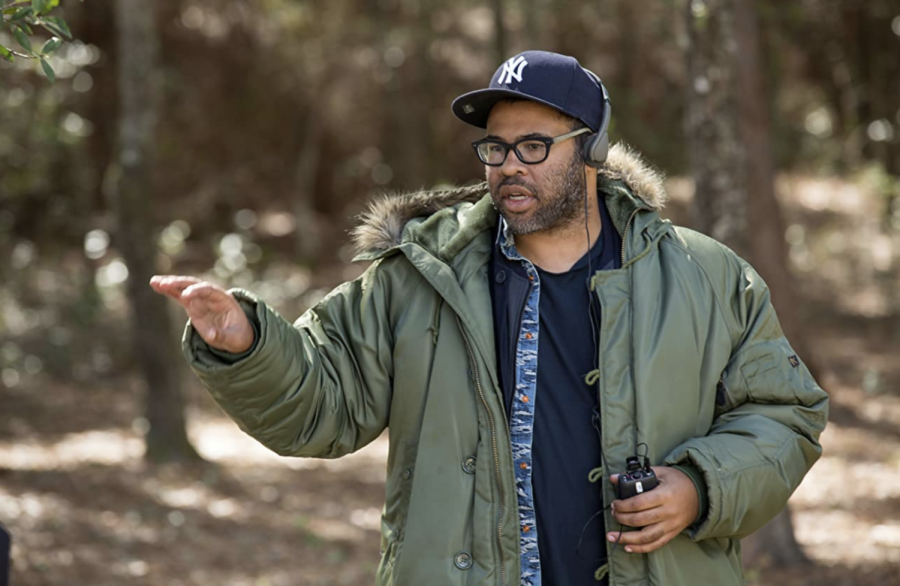According to NPR, horror is “one of the best movie genres to invest in,” as well as one of the “most profitable.” As opposed to other genres, the return on investment is exponentially high. One of the examples the article uses is the success of “Paranormal Activity 2,” which cost $9.4 million to make. In jarring contrast, the money made back at the box office was $236 million. Despite being such a massive industry, there is a huge lack of diversity in horror, as the number of Black directors in such a growing field is terrifyingly low.
The first director of a horror film on record is Spencer Williams, who produced “Son of Ingagi.” This film was one, if not the first, to portray Black characters in a positive light. As a genre, however, most fans recognize that horror has always depicted anyone with a darker complexion as either a villain or a “throw-away character,” to everyone’s disappointment.
Ranked at number four of a list of all-time classic scary movie tropes by ScreenRant, most horror films lack diversity. The article states, “It probably goes without saying that [minority characters] almost never survive until the end of the film, and they are almost never the hero.” This sadly rings true for most films, with the number of Black characters remembered by fans being merely a spec.
Following the election of 2016 with Donald Trump in office, the political system was growing increasingly polarized. With his comments and campaigns against minority groups, conservatives were louder than ever to echo his stigmatizations of different ethnicities. This sent long-time comedian Jordan Peele into production. Little did we know, a huge shift was on the way.
No stranger to political commentary, Peele was able to create a different reaction from his fans and critics alike. At its core, his debut film, “Get Out” centers white supremacy and how deep it is rooted in present society. Peele dives into how “old money” is a continuous cycle for many white people; with references to cotton picking, “Get Out” comments on a variety of topics of the Black experience through several decades. Despite the protagonist being 1. Alive, and 2. Black from start to finish, the movie has still broken many records in the genre, contradicting industry myths on diversity not being profitable.
From Rotten Tomatoes, it has grossed a reputable 98 percent from critics and 86 percent from everyday individuals. Having been nominated for and winning multiple awards, the biggest win would be the film’s honor of the Best Original Screenplay award at the Oscars.
While receiving his award, Peele made note of a few revelations, one of which was that he had stopped and restarted writing the script at least 20 times. The second, and most devastating, was his concern and self-doubt that came with a movie with this subject matter. He assumed it would be impossible to get greenlit, and despite that, persevered because he believed it was a story worth telling. Low and behold, he would be proven absolutely correct.
Even today, articles are still being published about this film and everything it has contributed to the arts. The movie has proven itself to be timeless, despite speaking on a timeline of issues that have festered as controversial in American life and culture.
Since then, Peele has gone on to create and worked on other well-loved horrors like “US” and the newly-rebooted television series “The Twilight Zone.” With his latest project, “NOPE,” set to release in the summer of this year, fans and newcomers will have to wait for what the new face of horror has in store.
Sierra Thornton can be reached at [email protected].



















